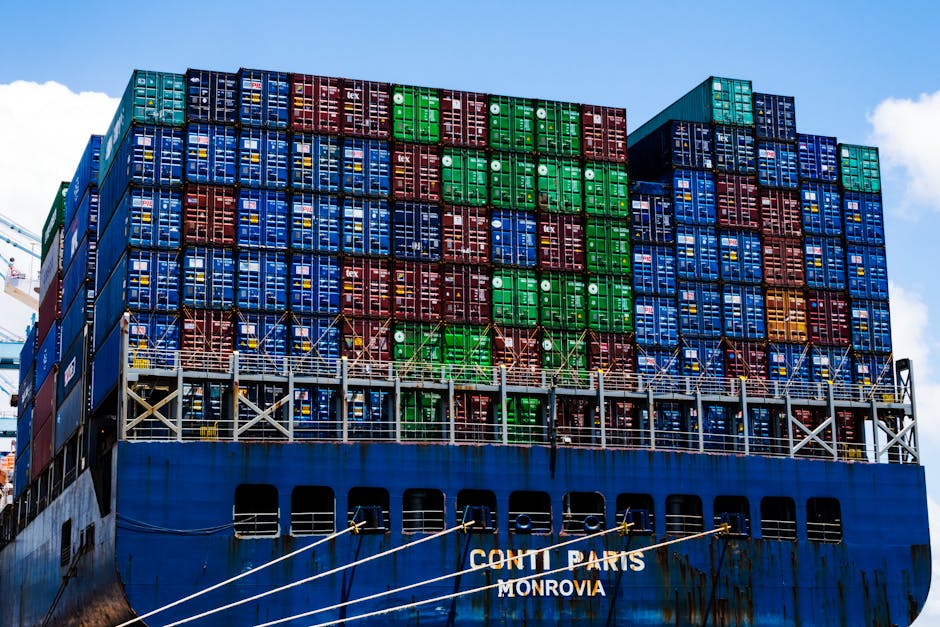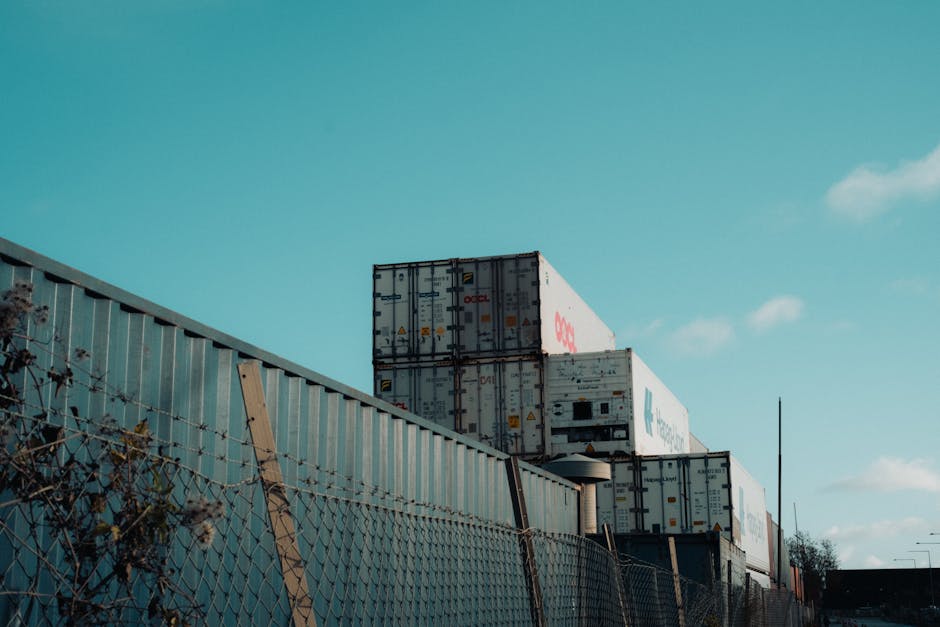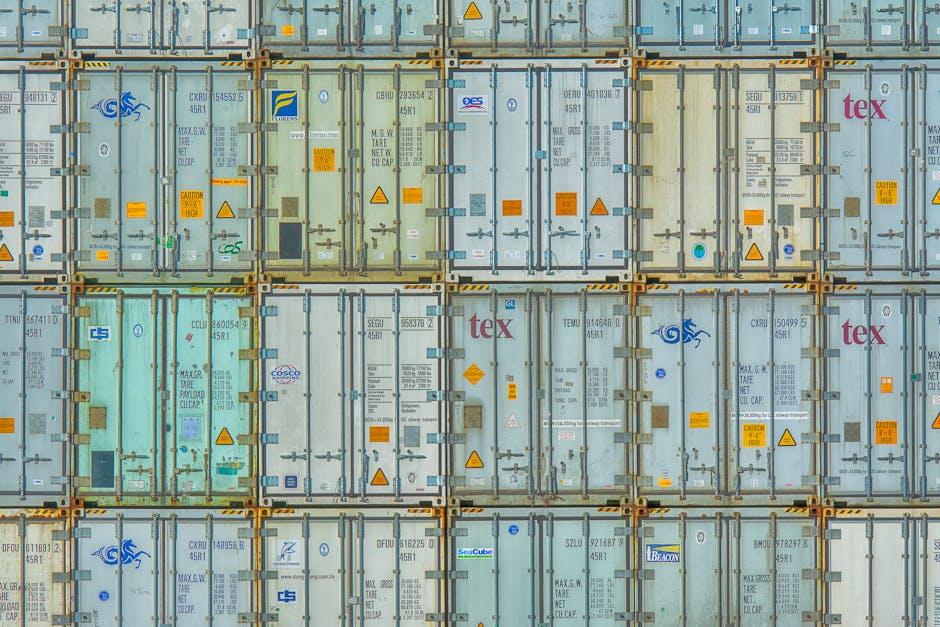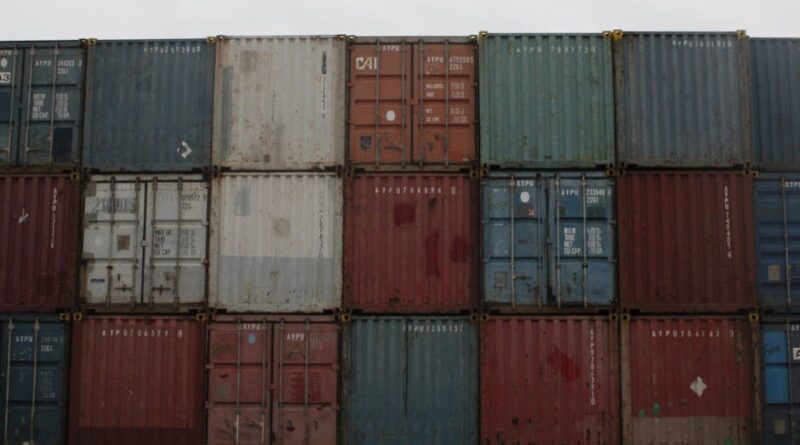Examining Global Supply Chain Vulnerabilities
Did you know that nearly 80% of companies faced supply chain disruptions in the last few years? This staggering statistic highlights the importance of understanding global supply chain vulnerabilities. With events like natural disasters, pandemics, and geopolitical tensions, our interconnected world faces significant risks. Let’s break down what these vulnerabilities are, why they matter, and how they impact you.
What Are Supply Chain Vulnerabilities?

Supply chain vulnerabilities are weaknesses that can disrupt the flow of goods and services. Imagine a simple supply chain like your morning coffee. You have beans from South America, water from your tap, and coffee filters from a local store. If any part of that chain breaks, your morning routine suffers.
Some common vulnerabilities include:
- Natural disasters (like hurricanes or earthquakes)
- Political instability
- Pandemics (like COVID-19)
- Cyberattacks
Each of these can stop products from getting to you when you need them. Understanding these issues is the first step in addressing them.
Why Should We Care About Supply Chain Vulnerabilities?

Supply chains touch every part of our lives. From the food on our plates to the gas in our cars, we rely on these systems daily. When they fail, it can lead to:
- Higher prices at the store
- Longer wait times for products
- Job losses in various sectors
For example, during the COVID-19 pandemic, many people noticed empty shelves in grocery stores. This was a direct result of supply chain disruptions. Understanding these vulnerabilities helps us prepare for future challenges.
What Causes Supply Chain Vulnerabilities?

Supply chain vulnerabilities come from various sources. Lets explore some of the main causes.
Natural Disasters
Hurricanes, earthquakes, and floods can halt production and transport. For instance, when Hurricane Katrina hit New Orleans, it disrupted shipping routes for weeks. This affected many industries far from the disaster zone.
Political Issues
Political unrest can create instability. Countries facing turmoil often struggle to maintain trade. For example, when tensions rise in the Middle East, oil prices can spike, affecting fuel costs worldwide.
Pandemics
Pandemics can halt production lines and transport. The COVID-19 pandemic showed us just how quickly global trade can slow down. Factories closed, and shipping lines paused, leading to shortages across many sectors.
Cybersecurity Risks
Cyberattacks are on the rise. As supply chains become more digital, they also become more vulnerable. In 2020, the Colonial Pipeline hack caused gas shortages across the southeastern United States, revealing how a single attack can have widespread effects.
How Are Companies Responding to These Vulnerabilities?

Companies are recognizing these threats and adapting. Here are some strategies they’re using:
- Diversifying Suppliers: Instead of relying on one source, companies are using multiple suppliers. This way, if one supplier faces issues, others can fill the gap.
- Investing in Technology: Companies are using data analytics to predict disruptions. This helps them react quickly to potential problems.
- Improving Inventory Management: By keeping higher stock levels, businesses can weather short-term disruptions.
These changes help companies stay resilient in the face of challenges.
How Can Consumers Protect Themselves?
As consumers, we can also take steps to prepare for potential disruptions. Here are a few tips:
- Plan Ahead: Stock up on essential items when you can. This way, you’re less affected by shortages.
- Be Flexible: If a product is out of stock, consider alternatives.
- Stay Informed: Pay attention to news about supply chain issues. This can help you anticipate problems.
By being proactive, we can lessen the impact of supply chain disruptions on our daily lives.
What Do Experts Say About the Future?
Experts believe that supply chains will continue to face challenges. According to a report from McKinsey & Company, businesses that adapt quickly will thrive. Agility is key, says supply chain expert Dr. Maria Johnson. Companies need to be ready to pivot and adjust.
Common Misconceptions About Supply Chains
Many people have misconceptions about supply chains. Lets clear up a few:
- All Supply Chains Are the Same: This is false. Different industries have unique supply chains, each with its own vulnerabilities.
- Supply Chains Are Always Reliable: While they often work smoothly, they can be fragile. Even a small disruption can cause significant issues.
- Only Big Companies Face Supply Chain Issues: Small businesses can also struggle. They may have fewer resources to handle disruptions.
By understanding these misconceptions, we can better appreciate the complexities of global supply chains.
Conclusion: Actionable Takeaways for Readers
Supply chain vulnerabilities are a crucial issue in our globalized world. From natural disasters to cyberattacks, many factors can disrupt the flow of goods. However, both businesses and consumers can take steps to mitigate these risks.
Here are some key takeaways:
- Understand the causes of supply chain vulnerabilities.
- Companies should diversify their suppliers and invest in technology.
- Consumers can prepare by stocking essential items and staying flexible.
- Stay informed about supply chain issues to anticipate disruptions.
As we move forward, lets work together to build a more resilient supply chain. For more insights on managing supply chain challenges, check out [this article](https://www.example.com/related-post) on effective supply chain strategies.
By staying informed and prepared, we can all contribute to a more stable and efficient global supply chain.



